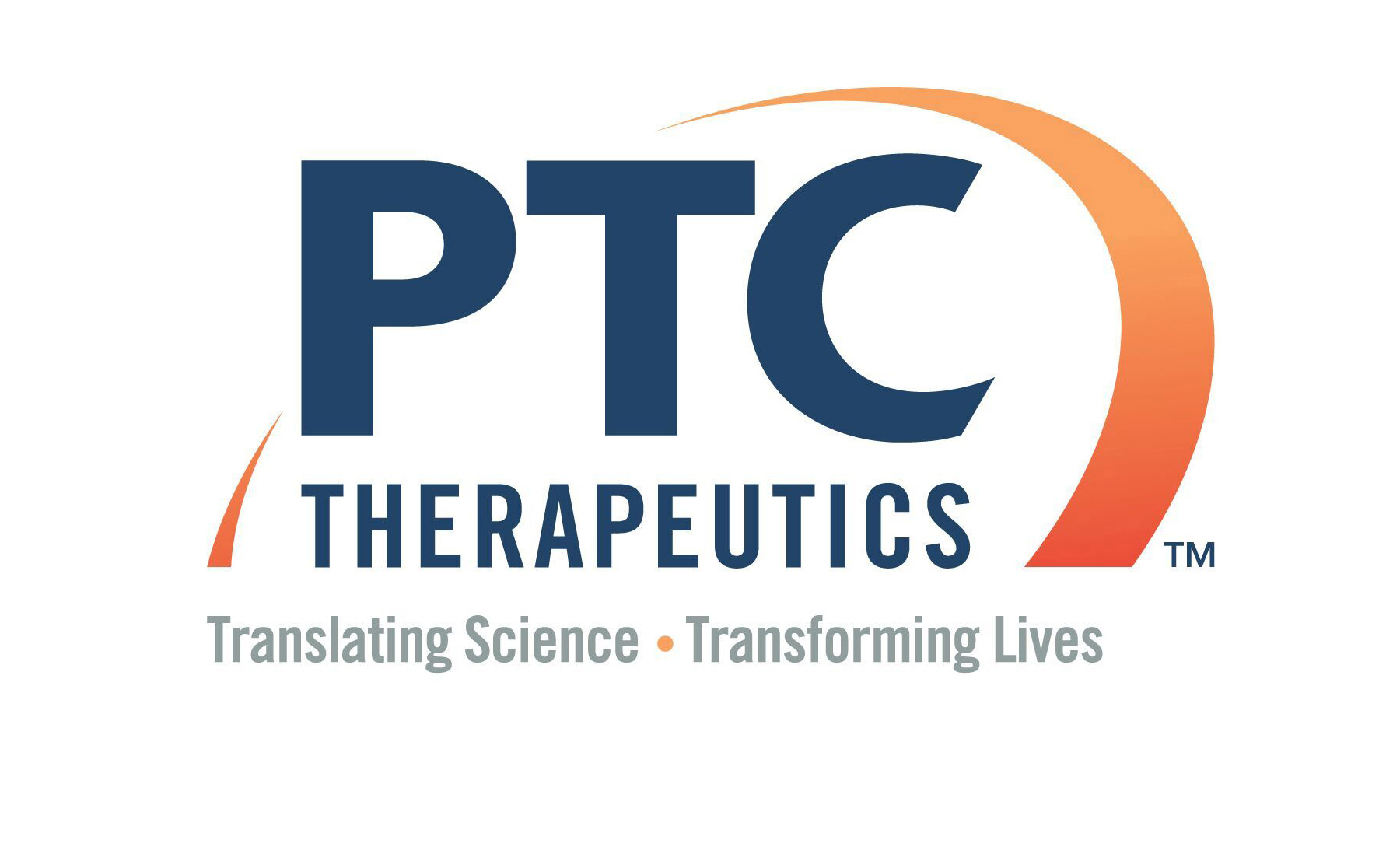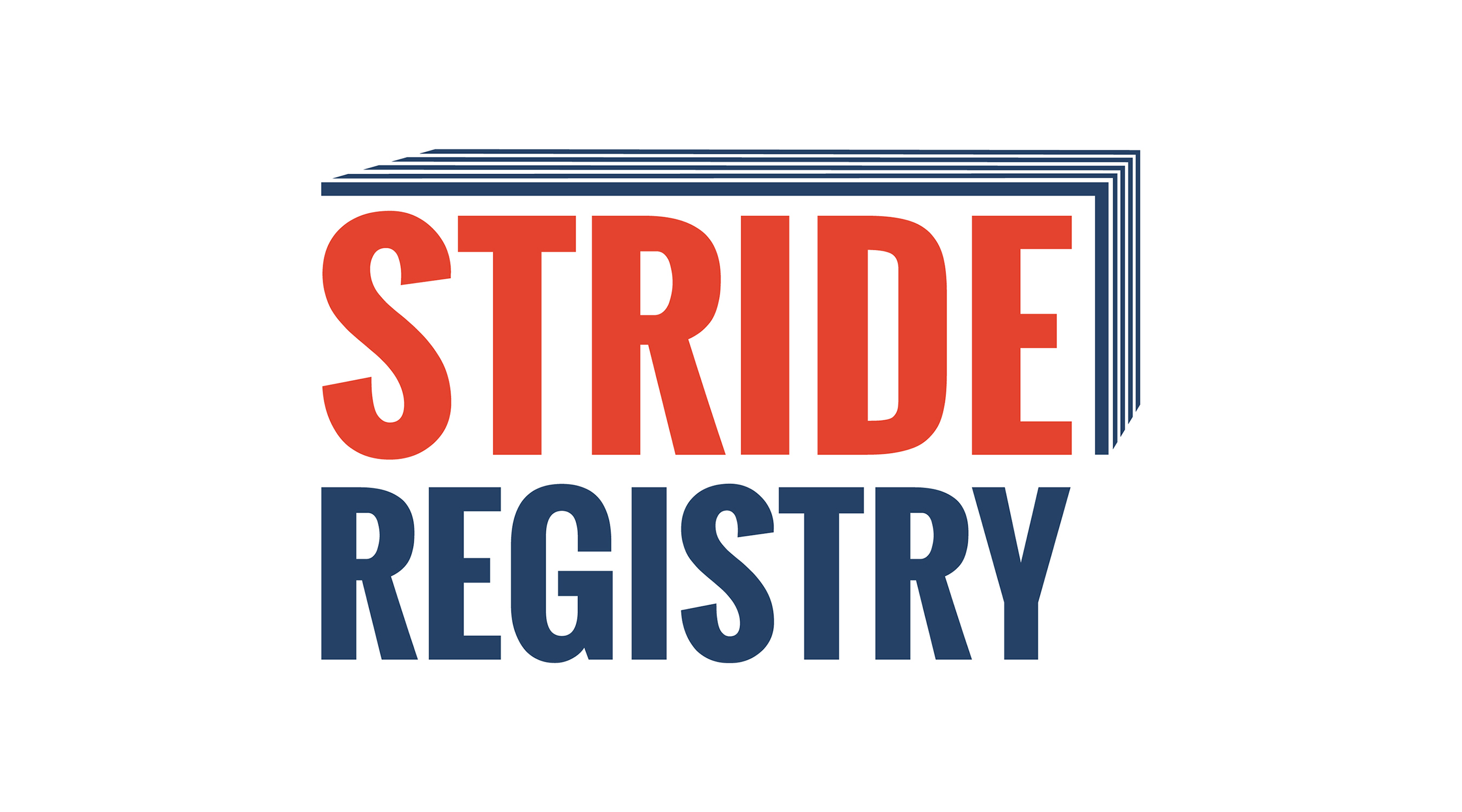Release Details
Living with PKU, United States

PTC Therapeutics Announces Initial Data from Patient Registry Demonstrating Translarna™ (ataluren) Slows Disease Progression in Children with Duchenne Caused by a Nonsense Mutation
Experience the interactive Multichannel News Release here: https://www.multivu.com/players/English/8420051-ptc-therapeutics-stride-registry-duchenne-muscular-dystrophy-translarna/
"The results from the Registry data are exceptionally important because they further substantiate the results observed in our analyses of data from previous clinical trials studying Translarna in Duchenne," said
Patients who received Translarna in routine clinical practice also experienced a slower decline in their physical function compared with the placebo arm of Phase 3 Study 020, as measured by a series of timed function tests. Safety outcomes for patients in the STRIDE Registry were consistent with the known safety profile of Translarna.
"These initial data are very encouraging because they provide the first, real-world evidence for the impact of Translarna when used routinely, longer term," said Dr.
The analysis was based on data captured from 216 patients, the majority of whom had not been previously enrolled in an ataluren clinical trial, across 11 European countries and
"Keeping a child with Duchenne walking for as long as possible is crucial not only to maintain independence, but to delay the rapid deterioration that usually follows loss of ambulation, including loss of the use of arms, which are essential for self-care, and respiratory and cardiac complications," said
About Translarna (ataluren)
Translarna (ataluren), discovered and developed by
About the STRIDE Registry
The STRIDE (Strategic Targeting of Registries and International Database of Excellence) Registry is an ongoing, multicenter, observational study of the safety and effectiveness of Translarna in routine care. It is the first patient data repository to provide real-world experience regarding the long-term use of Translarna in routine clinical practice. Enrolled patients will be followed for at least 5 years from the date of enrollment, or until withdrawal from the study. As of
Effectiveness information may include neuromuscular function (as measured for example by timed-function tests, the North Star Ambulatory Assessment, and Performance of the Upper Limb (PUL) measures, cardiac function (including echocardiogram where available), pulmonary function (including spirometry measures), and quality of life measures. Assessments of musculoskeletal health, rehabilitation, orthopedic and gastrointestinal management, as well as other measures of psychosocial management, will be collected to allow for comparison of patient health-management activities in routine clinical care to those of published treatment guidelines.
STRIDE is a collaborative partnership between TREAT-NMD and
The Registry also fulfils a post-marketing commitment to the
About TREAT-NMD
TREAT-NMD is a network for the neuromuscular field that provides an infrastructure to ensure that the most promising new therapies reach patients as quickly as possible. Since its launch in
Further information about TREAT-NMD can be found here: http://www.treat-nmd.eu/
About Duchenne Muscular Dystrophy
Primarily affecting males, Duchenne muscular dystrophy (Duchenne) is a rare and fatal genetic disorder that results in progressive muscle weakness from early childhood and leads to premature death in the mid-twenties due to heart and respiratory failure. It is a progressive muscle disorder caused by the lack of functional dystrophin protein. Dystrophin is critical to the structural stability of all muscles, including skeletal, diaphragm, and heart muscles. Patients with Duchenne can lose the ability to walk as early as age ten, followed by loss of the use of their arms. Duchenne patients subsequently experience life-threatening lung complications, requiring the need for ventilation support, and heart complications in their late teens and twenties.
More information on the signs and symptoms of Duchenne can be found at: www.duchenneandyou.com
About
PTC is a science-led, global biopharmaceutical company focused on the discovery, development and commercialization of clinically-differentiated medicines that provide benefits to patients with rare disorders. Founded 20 years ago, PTC Therapeutics has successfully launched two rare disorder products and has a global commercial footprint. This success is the foundation that drives investment in a robust pipeline of transformative medicines and our mission to provide access to best-in-class treatments for patients who have an unmet medical need.
For More Information:
Investors:
+ 1 (908) 912-9327
ehill@ptcbio.com
Media:
+1 (908) 912-9167
jbaj@ptcbio.com
Forward-Looking Statements:
This press release contains forward-looking statements within the meaning of The Private Securities Litigation Reform Act of 1995. All statements contained in this release, other than statements of historic fact, are forward-looking statements, including statements regarding: the future expectations, plans and prospects for PTC; the timing and outcome of PTC's regulatory process, including with respect to Translarna; PTC's expansion of commercialization of Translarna; PTC's strategy, future operations, future financial position, future revenues, projected costs; or intended use of proceeds from its public offering of common stock; and the objectives of management. Other forward-looking statements may be identified by the words "guidance", "plan," "anticipate," "believe," "estimate," "expect," "intend," "may," "target," "potential," "will," "would," "could," "should," "continue," and similar expressions.
PTC's actual results, performance or achievements could differ materially from those expressed or implied by forward-looking statements it makes as a result of a variety of risks and uncertainties, including those related to: the outcome of pricing, coverage and reimbursement negotiations with third party payors for Translarna; PTC's ability to maintain its marketing authorization of Translarna for the treatment of nmDMD in the European Economic Area (EEA), including whether the
As with any pharmaceutical under development, there are significant risks in the development, regulatory approval and commercialization of new products. There are no guarantees that any product will receive or maintain regulatory approval in any territory, or prove to be commercially successful, including Translarna.
The forward-looking statements contained herein represent PTC's views only as of the date of this press release and PTC does not undertake or plan to update or revise any such forward-looking statements to reflect actual results or changes in plans, prospects, assumptions, estimates or projections, or other circumstances occurring after the date of this press release except as required by law.


SOURCE